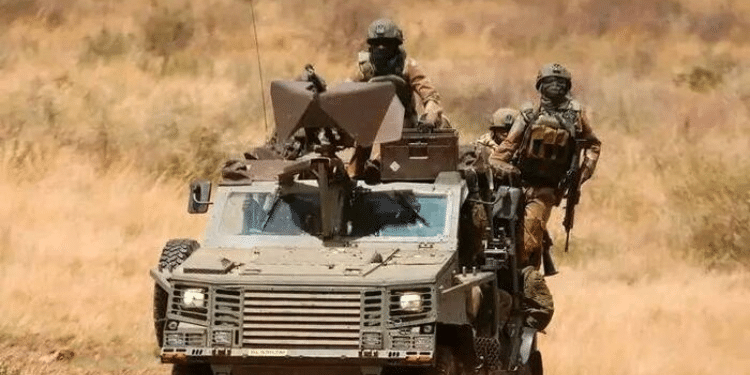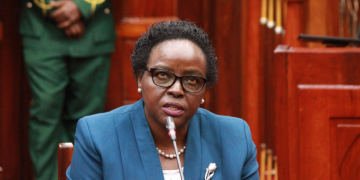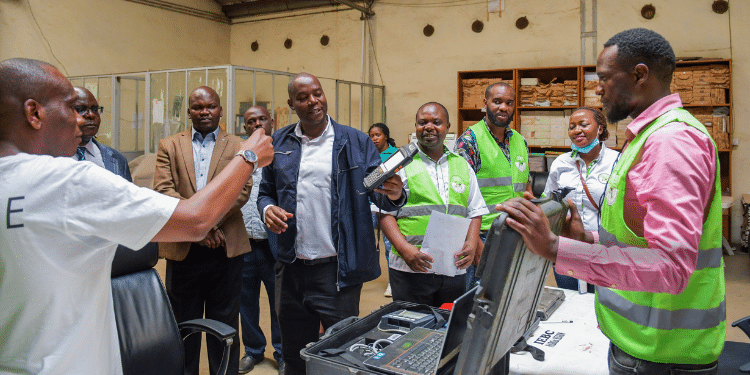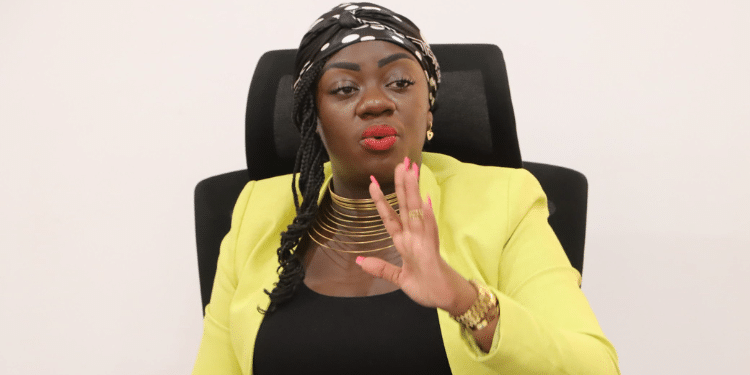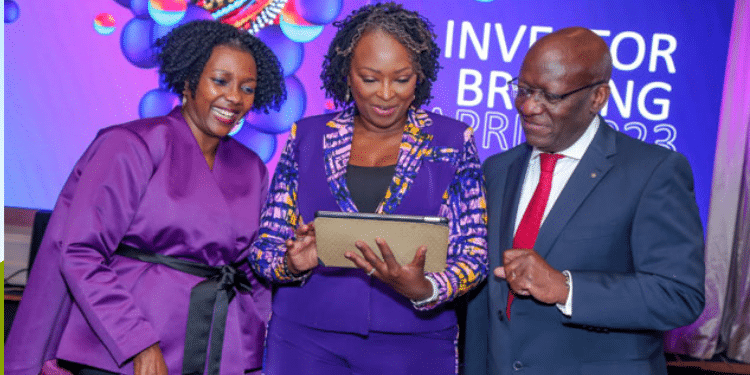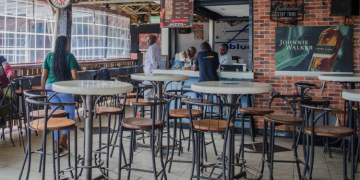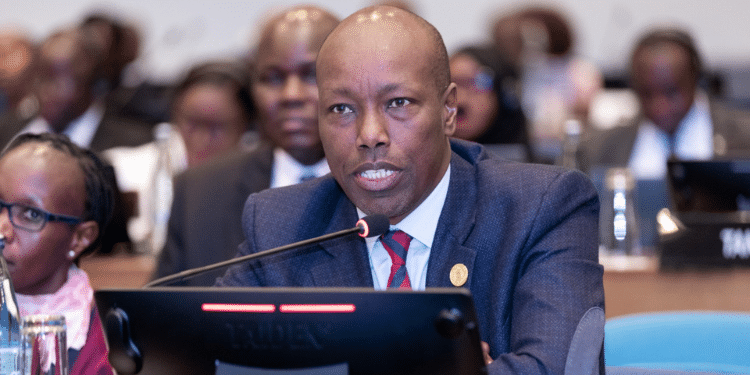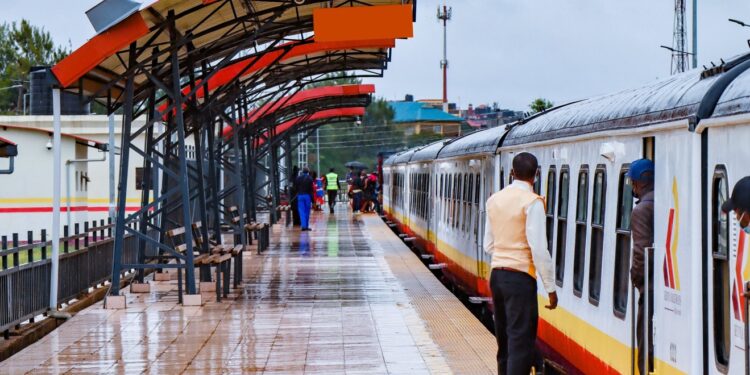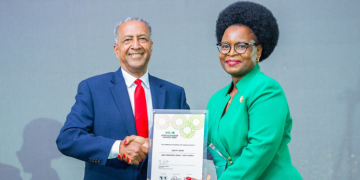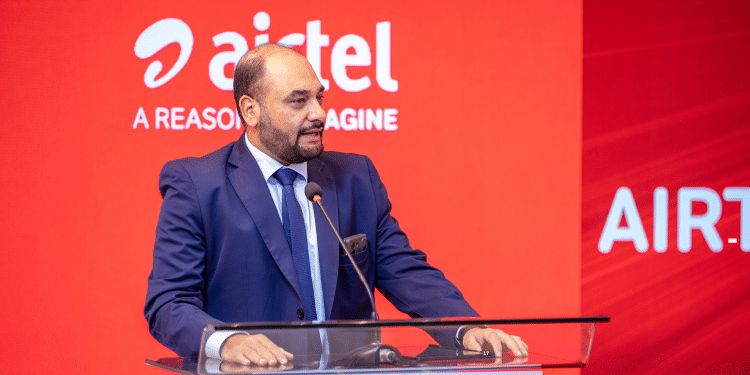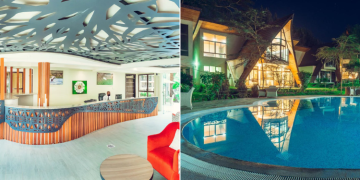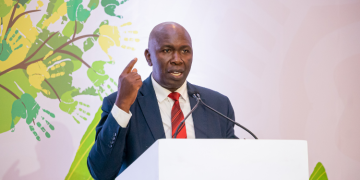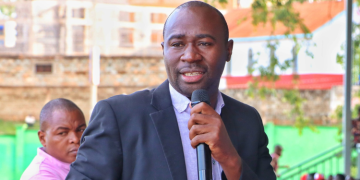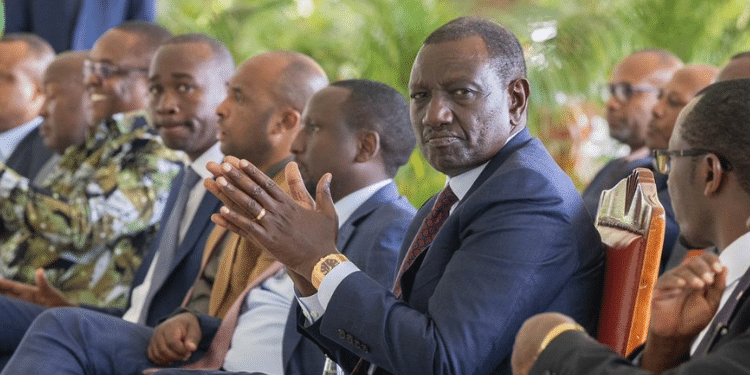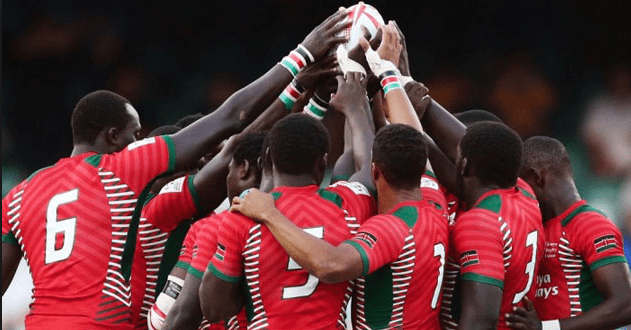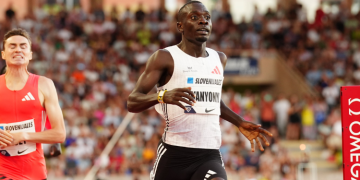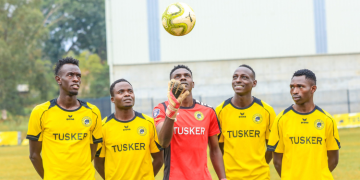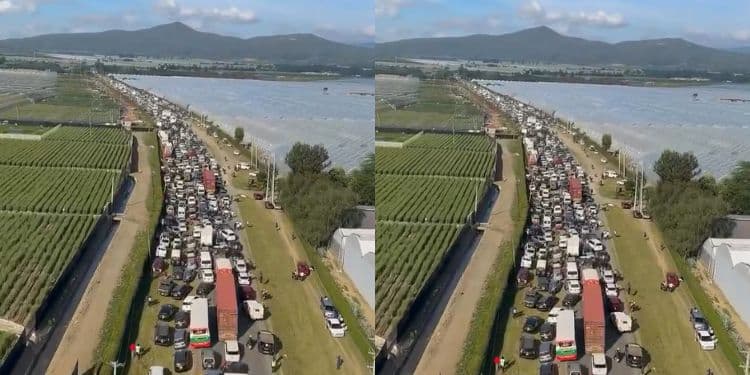Filmmakers Brian Adagala, Nicholas Gichuki MarkDenver Karubiu and Chris Wamae linked to the BBC documentary “Blood Parliament”—which exposed security personnel who shot protesters during the “Occupy Parliament” demonstrations, have been released.
Their release has been confirmed by lawyer Ian Mutiso.
The four filmmakers have been released on a free bond after spending the night in police cells.
Their release comes after the filmmakers were linked to the BBC documentary “Blood Parliament”—which exposed security personnel who shot protesters during the “Occupy Parliament” demonstrations were arrested.
Earlier, in a statement, their lawyer Ian Mutiso said Nicholas Gichuki and Brian Adagala were being held at Pangani Police Station, while MarkDenver Karubiu and Chris Wamae were detained at Muthaiga Police Station.
Human rights activist Boniface Mwangi reported that the filmmakers were arrested at their offices in Karen Village.
“The police have arrested four filmmakers—Nicholas Wambugu, Brian Adagala, MarkDenver Karubiu, and Chris Wamae—at their offices in Karen Village. The police also confiscated their equipment and hard drives,” Mwangi said.
Blood Parliament Filmmakers Arrested
The arrests sparked widespread condemnation, with many Kenyans criticizing the government for what they view as an attack on press freedom and the right to free expression.
The arrests came just days after the BBC released Blood Parliament, a documentary that unmasked members of the security forces—including a Kenya Defence Forces (KDF) soldier and a police officer—who were involved in shooting protesters within the Parliament precincts.
Also Read: KDF Responds to BBC Documentary Showing Soldiers Shooting Protesters at Parliament
The documentary features prominent activists and public figures such as Hanifa Adan, Boniface Mwangi, Embakasi East Member of Parliament Babu Owino, Law Society of Kenya (LSK) President Faith Odhiambo, and student journalist Allans Odemba. It investigates the fatal shootings that took place during the chaotic protests.
The BBC explained the advanced technology it used to identify the perpetrators, including camera metadata, livestream timestamps, and Republic clocks visible in the footage. It also named victims who were shot outside Parliament, including David Chege and Erickson Mutisya.
KDF Responds to BBC Documentary
According to the documentary, the protest escalated after demonstrators learned that the controversial Finance Bill 2024 had passed shortly after 2:00 p.m. Over 5,000 photos and videos taken that day were analyzed using 3D reconstruction technology to map the scenes of the shootings.
One video shows police officers kneeling and firing at protesters on Parliament Road. Moments later, a protester identified as Erickson collapsed. The BBC states that uniformed officers opened fire after being instructed by a plainclothes officer.
Also Read: Mudavadi Wonders How No Single Gen Z Was Jailed After Anti-Ruto Protests
Inside Parliament, chaos broke out as protesters who had stormed the premises tried to escape amid gunfire. Among them was protester Eric Shieni, who was shot while fleeing. The BBC identified the officer who shot him as a KDF member based on a badge visible on his uniform.
In response, KDF released a statement saying the Independent Policing Oversight Authority (IPOA) had not forwarded any inquiries, information, or requests regarding the involvement of any KDF personnel in the operation.
Follow our WhatsApp Channel and X Account for real-time news updates




